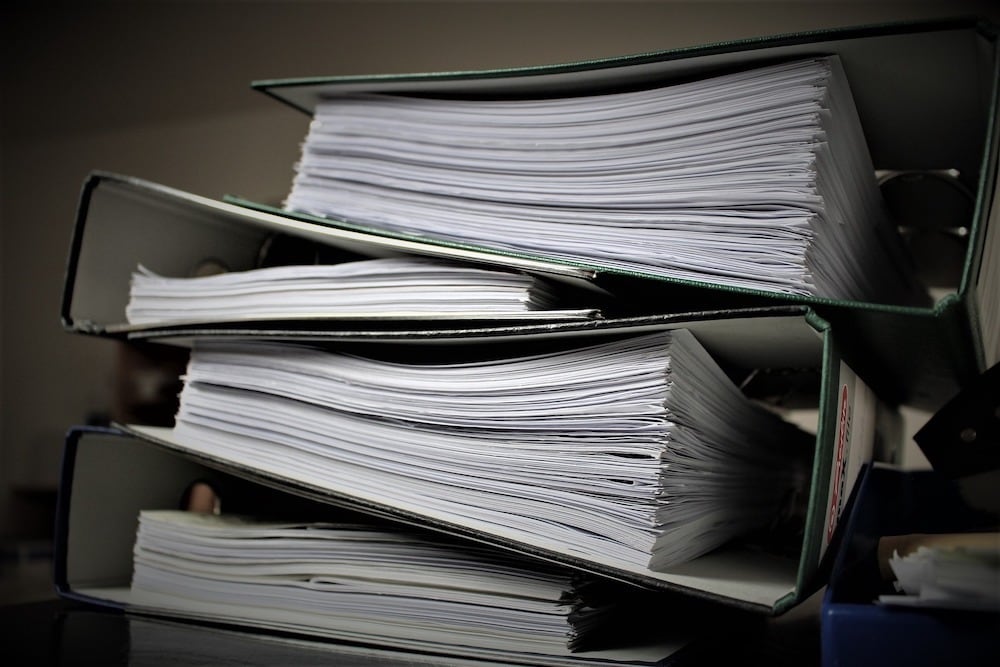Chapter 7 bankruptcy can be an excellent legal option for a Kentucky resident who is struggling to overcome significant debts. Burdensome financial obligations can take many forms, from unexpected medical bills or losses of income from layoffs or cutbacks. Credit card debt, mortgage debt, and other forms of credit-based borrowing can all build up to financial hardships that individuals cannot face on their own.
Before filing for bankruptcy, it is important that a person understands what options they have for establishing financial stability in their life. Not all debt relief and bankruptcy options will be suitable for everyone, and this post does not advocate for readers to take any particular action regarding their debt struggles. To better understand what a person can do when facing debt, bankruptcy legal professionals can be consulted by those who want case-specific information.
For those individuals who choose to pursue Chapter 7 bankruptcy, a means test must first be satisfied in order to qualify for its protections. The Chapter 7 means test requires a person to demonstrate that their monthly income is less than that of the median income of all Kentucky residents. If the individual meets this criteria, they may file for Chapter 7 bankruptcy.
If they do not, however, they have another opportunity to show that they should be allowed to seek the legal protections of Chapter 7 bankruptcy. Certain costs, such as food and housing, are considered allowable expenses. If the filer’s allowable expenses consume all of their income and they have no disposable income left over to pay off their debts, they may be allowed to use Chapter 7 bankruptcy to tackle their debts.
The means tests discussed in this post is only one of the potential bars to bankruptcy protection that a person may encounter when they prepare to file for Chapter 7 bankruptcy. Support from knowledgeable legal professionals can assist those who are struggling with debt and wish to take action to improve their financial situations.

